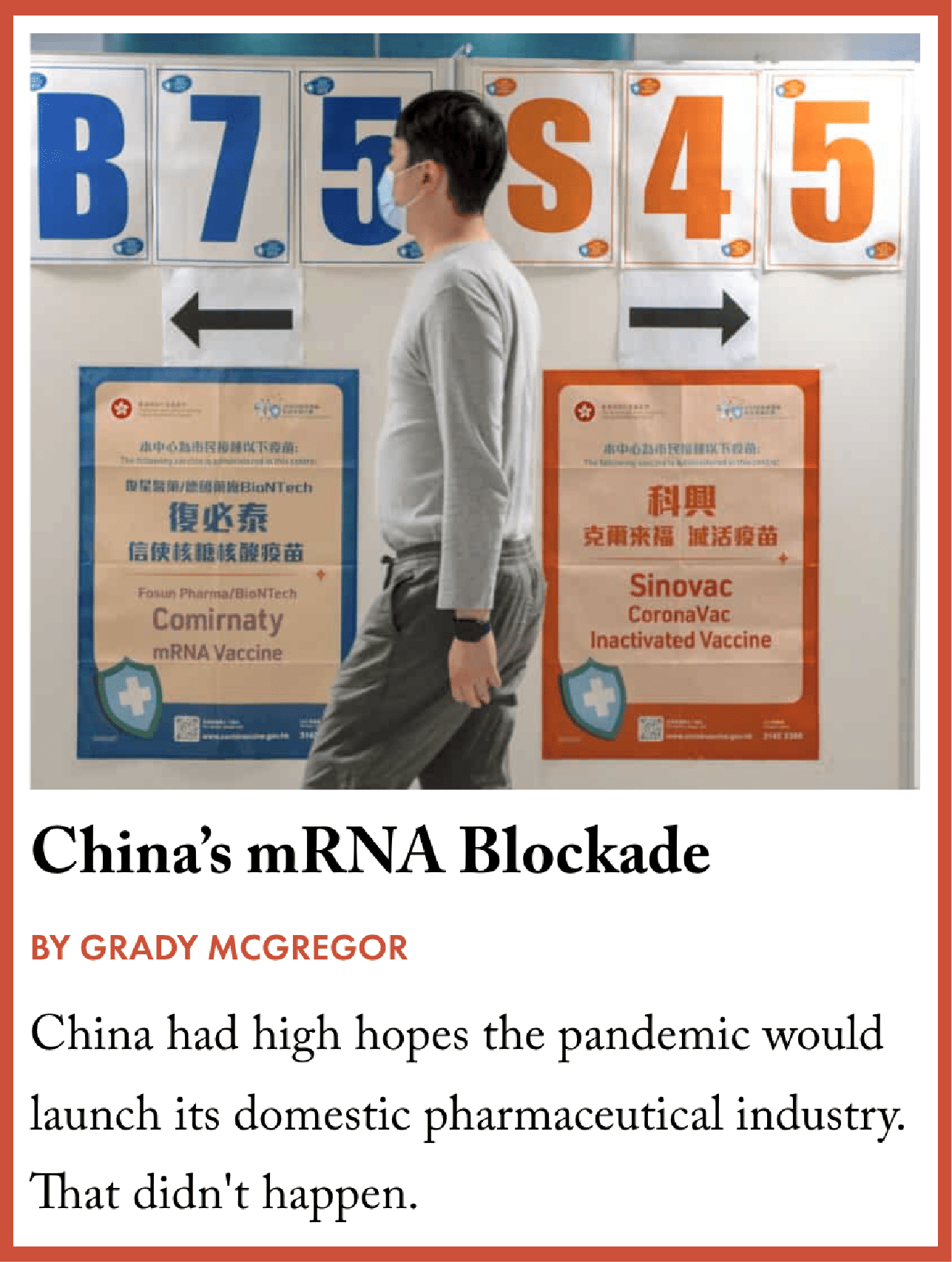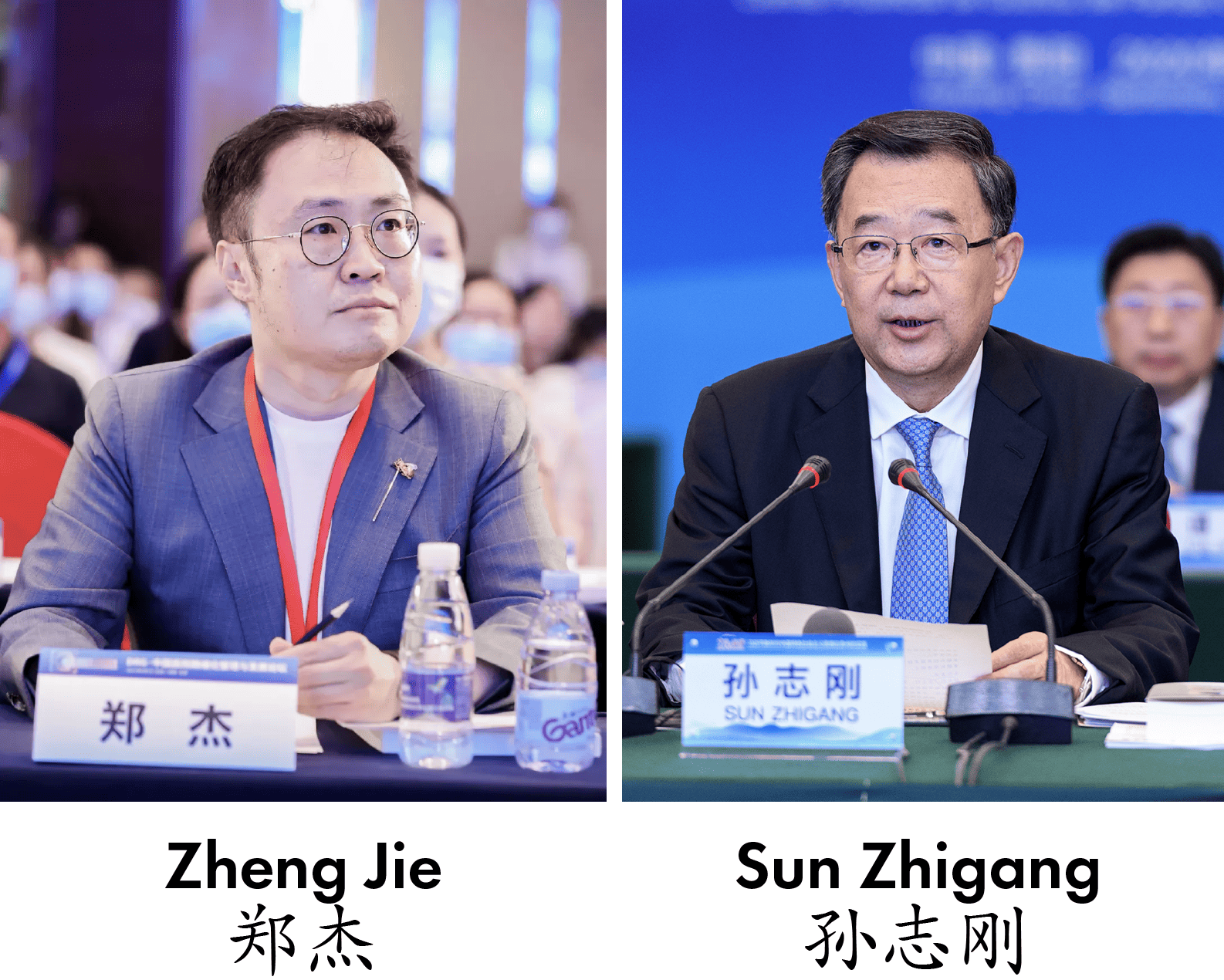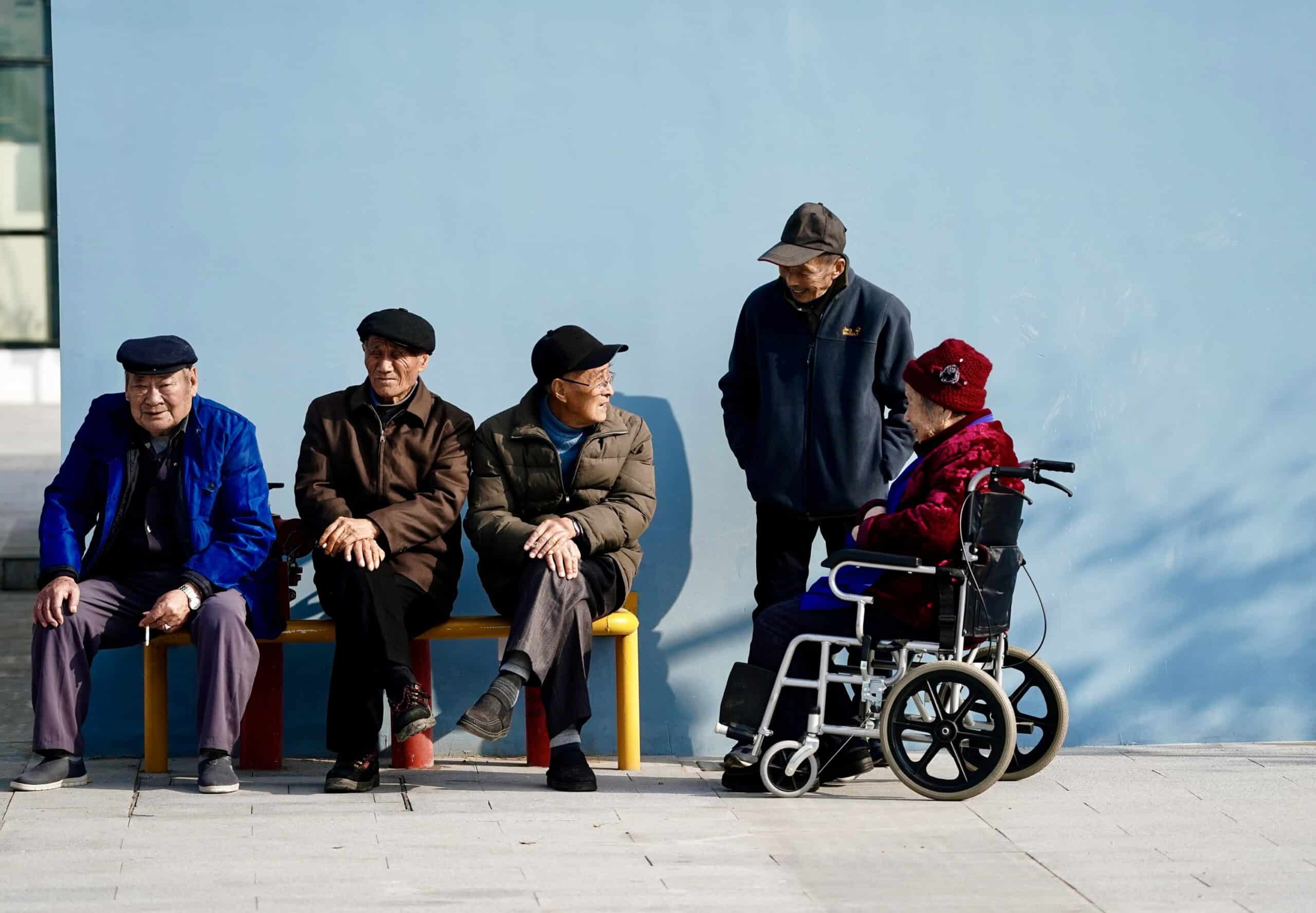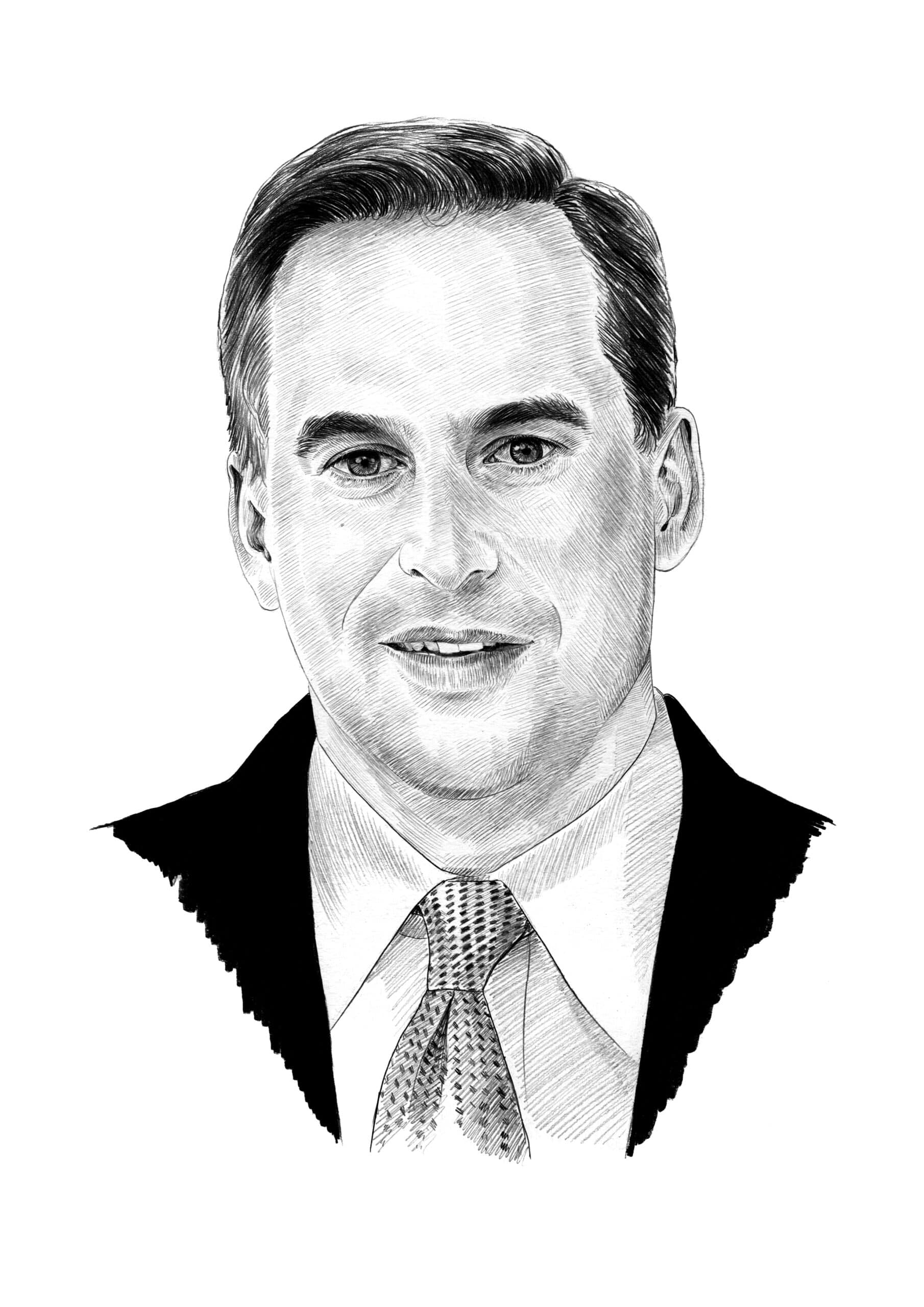
Last summer, China’s ongoing corruption crackdown found a new target: the healthcare sector.
In an effort to lower medical costs at a time of slowing economic growth, the Chinese government targeted unscrupulous doctors, hospital officials, and pharmaceutical executives.
By mid-August, more than 170 hospital administrators were under investigation, according to state media, a dozen Chinese healthcare companies had withdrawn IPO plans, and $142 billion worth of value in Chinese healthcare stocks had been wiped out.
Now, six months in to what officials had said would be a one-year campaign, the intensity of the campaign has subsided. Many experts say that the underlying issues — including limited financial support for hospital systems, poorly paid doctors, and lacking oversight systems — remain unaddressed.
“[The campaign] is an ad hoc, temporary solution to the problem.” says Yanzhong Huang, senior fellow for global health at the Council on Foreign Relations, “but it does not address the fundamental issues in the system, which essentially require healthcare reform to deepen.”
Medical corruption has long been an issue in China. Most cases involve pharmaceutical or medical device companies and sales representatives bribing doctors or hospital administrators to grease the wheels of the procurement process, according to a study by researchers at Peking University and Harvard University on medical corruption in China published last year. Patients also sometimes give doctors ‘red envelopes’ with cash in order to ensure better treatment, though these amounts are often far lower than procurement-related bribes.
Mark Reilly, then head of GSK’s China operations, at court in Hunan, September 2014. Credit: CGTN
“It is a problem,” adds Huang, “but it is a problem that has been going on for decades.” In 2013, for example, GlaxoSmithKline was embroiled in a salacious bribery scandal after which the United Kingdom-based drug company ended up paying $500 million in fines to the Chinese government and pleading guilty to buying off doctors and regulators.
The current crackdown fits into Xi Jinping’s ‘common prosperity’ drive, which aims to reduce inequality and tackle the rising cost of living in China. The government has already implemented policies to reduce housing and education costs, and experts say this crackdown is an attempt to do the same for healthcare. Though 95 percent of the Chinese population is covered by government-provided basic insurance, out-of-pocket healthcare costs surged by over 100 percent from 2014 to 2022, according to data from China’s National Bureau of Statistics.

“The central government is communicating, maybe economic growth is not the same speed as it used to be, but we’re taking care of you,” says Jeroen Groenewegen-Lau, the head of the science, technology and innovation program at Mercator Institute for China Studies, a German think tank.
One core issue contributing to corruption in the Chinese healthcare industry is low doctor salaries: the average doctor in China earns around $14,000 — roughly 4 percent of the average American doctor’s salary — including a bonus generally based on volume of services and prescriptions provided. In addition, public hospitals, which receive state funding, are increasingly financially strapped as various streams of revenue have been eliminated. In 2017, for example, China implemented a ‘zero markup drug policy,’ which banned public hospitals’ practice of charging inflated drug prices to boost profit. Meanwhile, the enforcement of oversight mechanisms on doctors and hospitals is relatively limited.

“China’s health care system is very market driven,” says Winnie Yip, a professor at Harvard University and co-author of the study on Chinese medical corruption. “Over time, hospitals have already adopted the behavior and the objective to pursue expansion and revenue and profit.”
To truly eradicate such behavior, Yip says that doctor’s base salaries should increase — and they should receive bonuses based on quality, not quantity of care — oversight should be strictly outlined and enforced, and drug procurement processes should continue to shift towards a more centralized system. In 2018, China started to roll out a bulk procurement model, in which drug makers compete for contracts to supply public hospitals with generic drugs at cheap price tags. As this system continues to expand, and include more drugs, Yip says it will leave less room for kickbacks to specific hospital administrators.
For foreign pharmaceutical companies, the corruption campaign is the latest in a string of challenges in China as the government has attempted to boost the domestic pharma sector. The bulk procurement program, for example, led many foreign pharma companies to lose out on contracts to lower-priced Chinese competitors.
“Through centralized procurement, the government is able to negotiate down prices by a lot for a broad range of medicine [and] treatments,” says Groenewegen-Lau. “That’s a major approach to support the domestic sector, and it’s also something that we know Western companies are concerned about.”
Multinational pharmaceutical companies are still committed to pursuing the Chinese market, says Helen Chen, Shanghai-based managing partner of L.E.K. Consulting, a global consulting firm, despite the recent campaign and other policy challenges. In 2022, Merck & Co., the New Jersey-based pharma company, for example, made more than 8 percent of its sales in China, while Novo Nordisk, the Denmark-based firm, made 9 percent of its sales in China. However, she has observed some unintended consequences of the crackdown.
…we need to have a more systemic way to deal with things rather than just dealing with one problem without fixing the underlying causes.
Winnie Yip, Professor of the Practice of Global Health Policy and Economics at Harvard University
Over the summer, hospitals essentially closed their doors to pharmaceutical representatives, and doctors stopped traveling to conferences — all for fear of being accused of corruption. After authorities clarified in mid-September that the crackdown should only focus on a minority of healthcare professionals and the scope of the campaign shouldn’t be “arbitrarily exaggerated,” most of those activities resumed. But Chen says that doctors and hospital officials are still choosing the lowest price products, even when it is not the best choice from a medical perspective.
For anyone hoping for a reprieve from the crackdown, the last two months have not been promising. After a lull in the fall, several high profile cases have recently emerged: Zheng Jie, an official in charge of Beijing’s health insurance program was taken away by the authorities in late December, according to Caixin. And this past week, Sun Zhigang, a former medical reform official, was expelled from the Communist Party, after being put under investigation in August. In December, the penalty for bribes in the medical sector was also enhanced.
Many want this year’s iteration of the crackdown to follow a different model. “I hope the government will transition from a campaign to clear, more transparent and enforceable policies. To say, from now on, this is what needs to be done, what needs to be transparent, and how is the oversight being done?” Yip says. “The crackdown is right, but we need to have a more systemic way to deal with things rather than just dealing with one problem without fixing the underlying causes.”
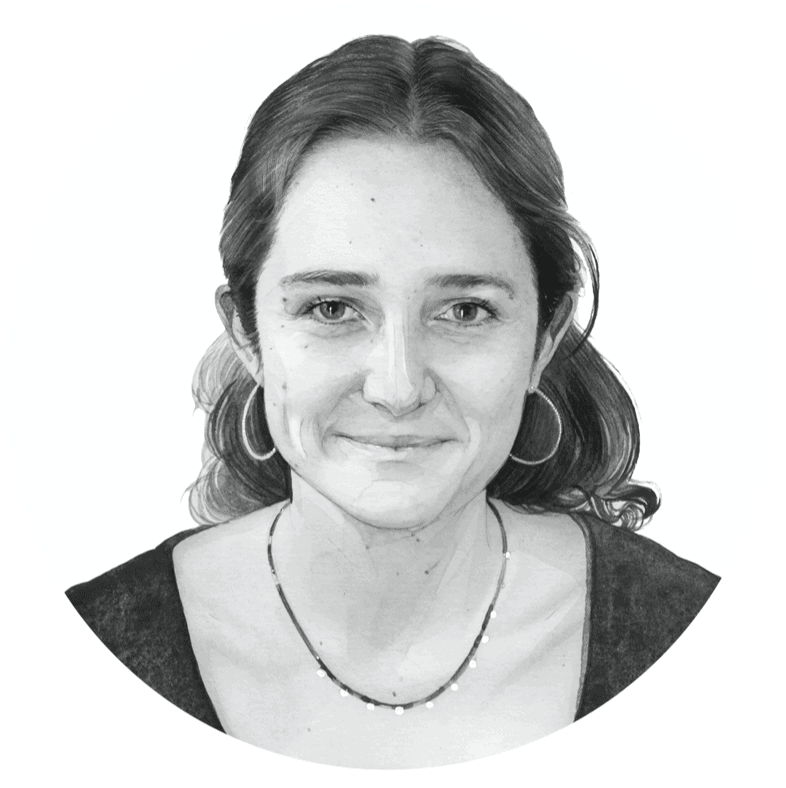
Katrina Northrop is a former staff writer at The Wire China, and joined The Washington Post in August 2024. Her work has been published in The New York Times, The Atlantic, The Providence Journal, and SupChina. In 2023, Katrina won the SOPA Award for Young Journalists for a “standout and impactful body of investigative work on China’s economic influence.” @NorthropKatrina

